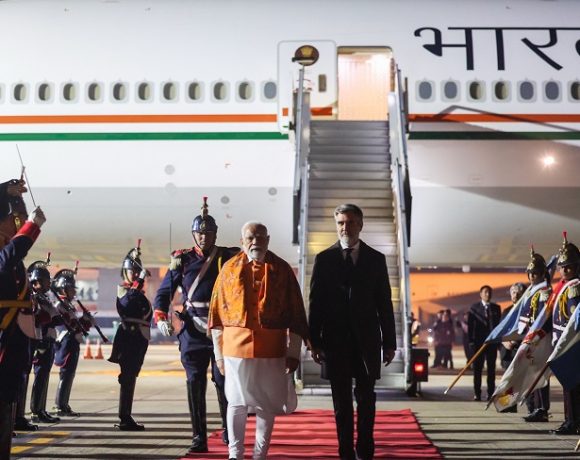
Pakistan’s Airspace Ban Hits 800 Indian Flights Weekly
Pakistan has extended its airspace closure to Indian-registered aircraft—including both commercial and military flights—until July 24. The restriction, initially imposed on April 24, continues to severely impact Indian carriers, who now face increased flight durations, operational costs, and disrupted international schedules. The move is widely seen as a retaliatory measure amid heightened cross-border diplomatic tensions.
Airspace Closure Impacts Indian Operations
Indian airlines are feeling the brunt of the closure. Approximately 800 flights per week have been forced to reroute over alternative airspaces such as Iran, Oman, and the Arabian Sea to bypass Pakistani territory. These longer routes have added anywhere from 15 minutes to several hours of flight time depending on the sector, especially affecting west-bound flights to Europe and North America.
This has led to increased fuel consumption, additional crew requirements, and complications in flight planning and aircraft rotations. Air India, for instance, has had to add technical stopovers in cities like Vienna and Copenhagen for its long-haul flights, while IndiGo has temporarily suspended some Central Asia routes due to aircraft range limitations under the new detours.
Escalating Operational Costs
The financial hit has been significant. Air India alone has projected additional costs amounting to nearly ₹5,000 crore annually, with fuel burn being the primary driver. This echoes losses incurred in 2019 during a similar airspace standoff, when Indian carriers faced a cumulative loss of ₹700 crore over four months.
With prolonged reroutes and no signs of resolution, analysts warn that the increased operational burden may soon be passed on to passengers through higher airfares. Industry insiders have urged the Indian government to explore relief measures, including subsidies or alternate corridor permissions via Chinese airspace.
Strategic and Diplomatic Ramifications
While Indian airlines are locked out of Pakistani skies, foreign carriers continue to use them, gaining a competitive edge on similar international routes. Meanwhile, India has imposed a reciprocal ban on Pakistani carriers using Indian airspace, further straining already fragile aviation ties between the two nations.
The closure has broader implications for India’s global connectivity, particularly affecting flights to the Gulf, Europe, and North America. Airlines are actively lobbying for a diplomatic resolution or regulatory support to mitigate the losses.


















